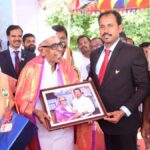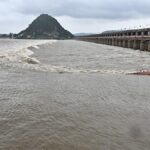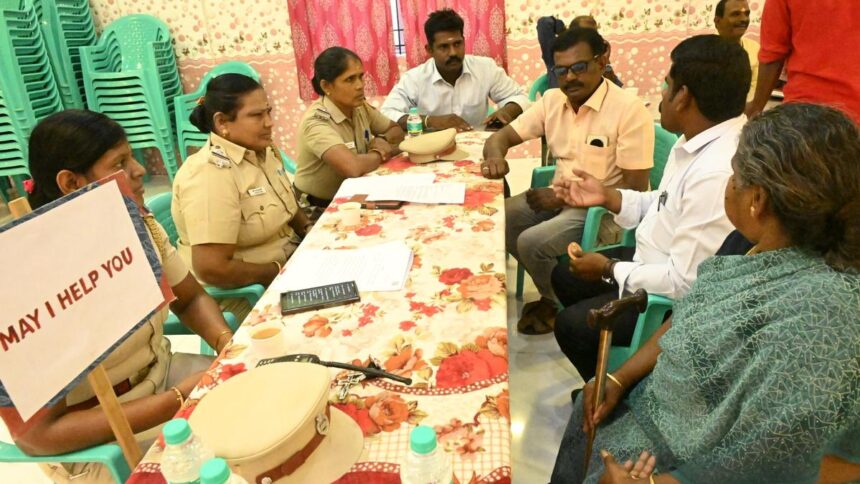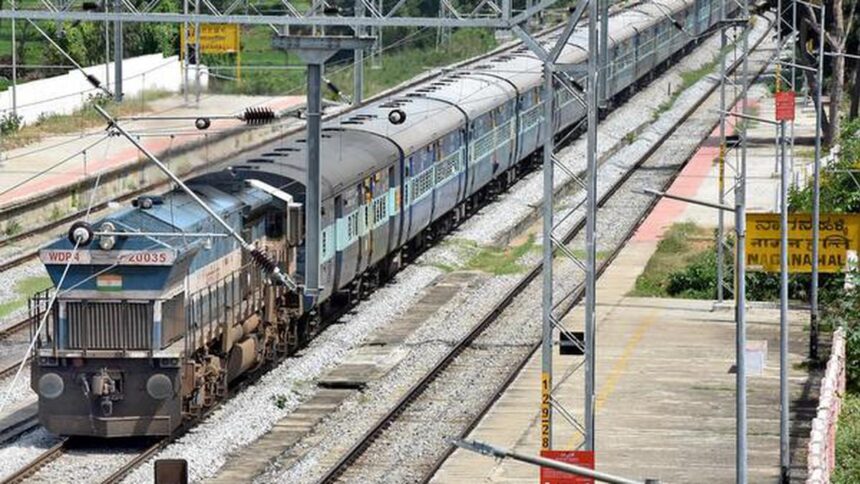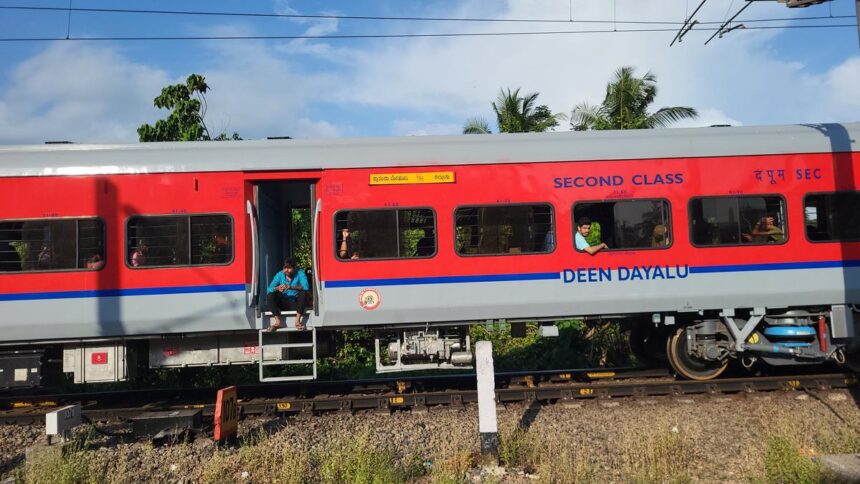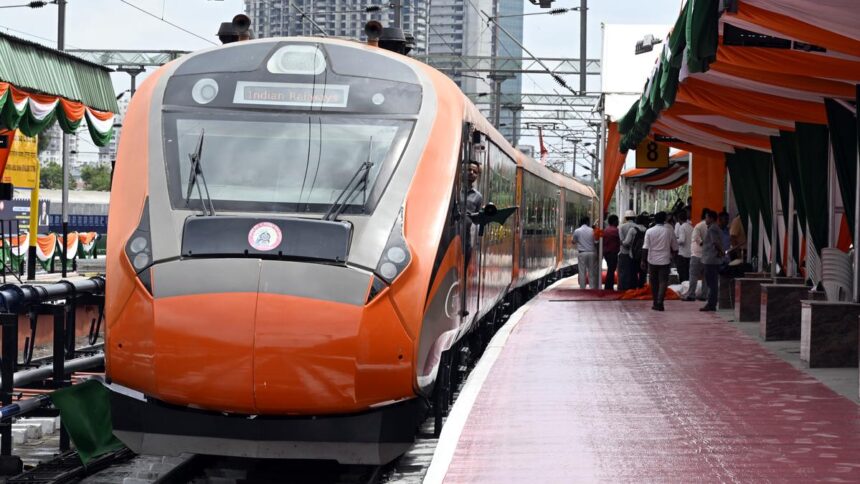Researchers from the Statistical Department of IIT Madras have studied data from the India Human Development Survey (IDHS) and found that access to non-farm business and irrigation significantly reduces rural migration that is caused by drought, which in turn is climate change induced.
The IDHS study is a nationally representative, multi-topic panel survey of thousands of households in urban and rural areas across the country. The findings of the study led by Sabuj Kumar Mandal, Professor of Economics, Department of Humanities and Social Sciences, IIT Madras, and Gauri Sreekumar, Researcher, IIT Madras, were published in the Indian Economic Review.
Speaking to The Hindu, Mr. Mandal said that they used data from Round I (2004-2005) and Round II (2011-2012) data of the IHDS for nearly 2 years and studied 80,000 households. “The impact of drought on the migration among rural farm households was estimated using the Difference-in-differences method, a statistical technique used in economics and quantitative research to study the differential effect of a treatment group versus a control group in an experiment.”
“We have used climate data from the India Meteorological Department for drought and rainfall information. People migrate from one state to another, like from West Bengal and Odisha to Tamil Nadu. Erratic rainfall, which is less than the long-term average, leads to crop failure and then very volatile agricultural income causes such migration,” he explained.
Ms. Sreekumar said that to reduce the risk imposed by drought, families turn to non-farm activities to reduce the dependence of households’ income on crop yields. This income is used to purchase crop and livestock inputs, improve skills and production technologies, thus increasing agricultural productivity. In turn, the income helps to prepare for disasters and compensate for any income loss.
The study also found that households’ participation in agriculture/milk/other cooperatives, non-government organisations, credit/savings groups, self-help groups, and other such associations could check migration. Farmer-based organisations and more agricultural extension services could be established by the Government.
The team has suggested that alternative livelihoods like unskilled jobs be created near their villages. In the next stage, the researchers plan to study the behaviour and psychological farmers that drive farmers to migrate and reasons of those who do not.
Published – August 14, 2025 04:00 am IST





